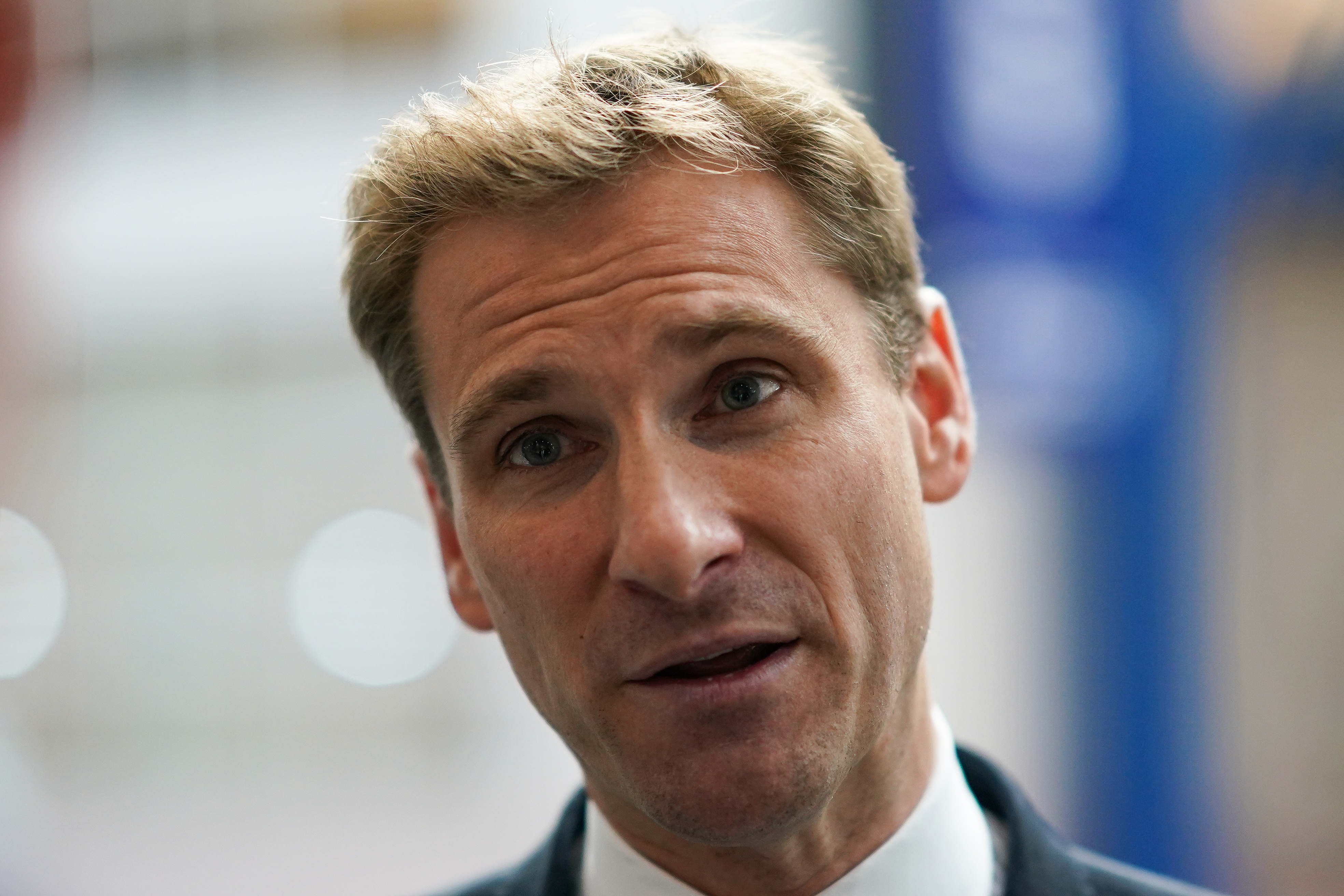The Spectator’s panel on tech-driven economic growth at Tory party conference began with a disclaimer. ‘Just to clarify, I am not inside the tent’, says economist Gerard Lyons. Lyons was an advisor to Boris Johnson at City Hall so is no stranger to frontline politics, but in recent weeks, he’s been identified as one of the ‘three Trusketeers’, the economists advising Liz Truss on her radical economic agenda.
Lyons is still a supporter of Trussonomics, whatever that may be. ‘We are moving away from cheap money globally, not just in the UK’, he says, trying to contextualise the difficulty that the government has faced on the bond markets. He also argued that polling shows public support for scrapping the national insurance hike, the energy package and slashing income tax. But he’s made plenty clear – on this panel and elsewhere – that he does not condone Liz and Kwasi’s complete plan. ‘I didn’t have foresight of the mini-budget,’ he says.
But more aligned to Trussonomics than Lyons was the chief secretary to the Treasury, Chris Philp. ‘It’s been a somewhat busy day’, Philp apologised after turning up late. He wasn’t wrong: the last few hours had seen the government U-turning on its scrapping of the 45p income tax. But on economic growth, tech-driven or not, Philp was clear that 2.5 per cent was still the government’s target. ‘On this the Chancellor and I are aligned,’ he said.
Philp and Lyons were joined on the panel in Birmingham by Olly Batrum, senior analyst from the Institute for Government, and Steve Hare, CEO of software company Sage, which sponsored the discussion (and the gin), chaired by The Spectator’s economics editor Kate Andrews. Their aim was to answer the question: ‘Can tech pull Britain out of its economic slump?’. They discussed automation, education and training (the latter being especially important in preventing vast swathes of the workforce losing out from the former), and that buzzword from a past era ‘levelling up’. After all, when it comes to creating tech clusters and working with exceptional universities in the UK, London isn’t the end of the story.
It was an optimistic panel (Philp disputed that Britain was in an ‘economic slump’ at all). Should the government achieve all on the wish list that was drawn up in this session, the economy will be in a very good place indeed. But Chris Philp’s hope that ‘more calm will now break out at 1 Horseguards’ may be wishful thinking when it comes to the rocky road lying ahead of the Treasury in the coming weeks.








Comments